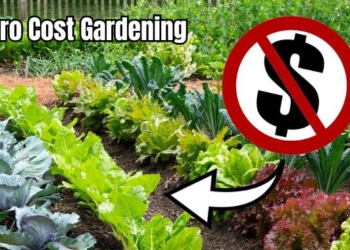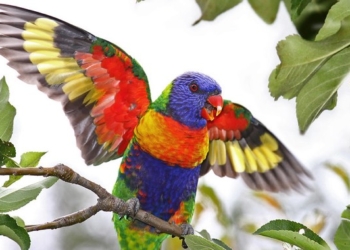
Source: BBC News
The European Parliament has voted for a complete ban on a range of single-use plastics across the union in a bid to stop pollution of the oceans.
MEPs backed a ban on plastic cutlery and plates, cotton buds, straws, drink-stirrers and balloon sticks.
The proposal also calls for a reduction in single-use plastic for food and drink containers like plastic cups.
One MEP said, if no action was taken, “by 2050 there will be more plastic than fish in the oceans”.
The European Commission proposed a ban in May, following a surge in public support attributed to documentaries such as David Attenborough's BBC Blue Planet series.
The measure still has to clear some procedural hurdles, but is expected to go through. The EU hopes it will go into effect across the bloc by 2021.
The UK will also have to incorporate the rules into national law if the ban becomes a fully-fledged directive before the end of a Brexit transition period.
After the Parliament vote was backed by 571-53, the MEP responsible for the bill, Frédérique Ries, said it was “a victory for our oceans, for the environment and for future generations.”
Several countries are already considering proposals to target disposable plastic products – including the UK.
- Dead whale had eaten 80 plastic bags
- Companies pledge to cut plastic pollution
- ‘Decades' of deep-sea plastic pollution
What's being banned?
The directive targets some of the most common ocean-polluting plastics.
The list of banned items such as cutlery and cotton buds was chosenbecause there are readily available alternatives, such as paper straws and cardboard containers.
Other items, “where no alternative exists” will still have to be reduced by 25% in each country by 2025. Examples given include burger boxes and sandwich wrappers.
















